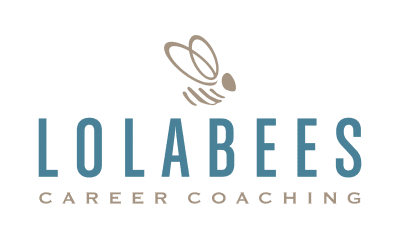
Welcome to my guest blogger, Dr. Michelle Mudge-Riley! Dr. Mudge-Riley is a physician, an entrepreneur, and founder of Physicians Helping Physicians. She runs multiple businesses and has spent over 15 years assisting physicians with career strategy. In a 2010 book that she co-authored, Physicians in Transition, she was called the “Doctor’s Doctor” because of her success in working with other doctors. Dr. Michelle Mudge-Riley is here to share her knowledge to help you in your search for non-traditional careers for dentists. She is also my co-host for the upcoming FREE Dentist Career Change Masterclass and the big NEXT Dentist Conference in November!
Non-Traditional Careers for Dentists
Sixteen years ago, I lost my way.
I had achieved my goal of becoming a doctor, but along the way, I had realized traditional patient care wasn’t the right career path for me. In 2004, resources that exist today weren’t widely used. I didn’t know what I was going to do or even what I wanted to do. Even worse, I felt like a huge failure because I didn’t want to practice clinically. Most of us go to medical school with a dream to take care of patients. The most logical place to do that is in a hospital or clinic setting. But a doctor can still take care of patients by working in a non-clinical or non-traditional job. There’s a whole subset of us doing that.

The problem is, in 2020 it’s still not the norm to hear about a doctor who has transitioned careers. There’s still a paucity of information readily available for physicians and medical students.
I’ve found the same to be true for dentists. Through a series of fortunate events, Dr. Laura Brenner and I met and discovered we had very similar professional backgrounds… and career transitions. We both left the career we were trained to do and found a non-traditional way to continue to be a doctor and a dentist.
For the purpose of this article, I’ll use the word “doctor” to mean a medical doctor or a dentist.
Doctors want to work in a non-clinical or non-traditional career for a number of reasons. Burnout can motivate a doctor to want to transition to another career. Boredom in a chosen specialty is another reason doctors may start looking at their options. Medicine may have been the wrong choice from the start for a certain subset of doctors. Everyone has a different “why”.
What helped me?
Meeting and interacting with other doctors who have decided to work in non-clinical or non-traditional jobs was key.
Some doctors realized traditional patient care wasn’t for them early in their careers and others came to the conclusion after practicing for 5, 10, or even 20 years. Some suffered a health issue or needed more time at home with small children or aging parents. Others had a hard time getting out of bed each day because they didn’t look forward to their work anymore. Many of these doctors were clinically depressed. Some were suicidal. These doctors found hope in a non-clinical or non-traditional career.
There are a lot of non-clinical options for doctors. My first non-clinical job was working for a medical device company as a clinical liaison. That job set me up for success working in health administration, in the C-suite of the same academic medical center where I did my internship. Opportunities in wellness and prevention followed, and I served as Director of Wellness and Medical Management for a brokerage firm. Other doctors work for contract research organizations doing medical monitoring or small and large insurance companies reviewing cases. Some doctors start businesses or get involved in other healthcare start-ups or do things completely out of the medical field in finance, real estate, consulting or… stand-up comedy!
Many dentists tell me these aren’t options for them, but there are plenty of examples of dentists who DO work in these careers.
Here are some ways to proceed if you are interested in a non-clinical or non-traditional career:
- Understand you don’t have to commit to another career right away. Try something new! You may need to dabble in a few things as you rediscover what you enjoy. Do you like writing? Put a few articles together. Want to open a bakery? Try some new recipes and sell them at a Farmers Market. Considering law school? Help a paralegal with a couple projects and see how that goes.
- Put together your 1-3 year personal development plan. In order to find the right job, knowing where you want to be in 1-3 years is essential. Do you want to work in a rural environment? Why? Are you more interested in working internationally? Do you hope to manage a lab or a group of residents? How much of your time is spent teaching? These are all important questions to ask yourself as you evaluate a job opportunity.
- Learn how to find jobs and effectively network. Knowing what your options are can help you narrow your focus and make your search more effective. Finding specific jobs and getting interviews often involves the help of others. Networking is key to finding those people who can and are willing to help you. We don’t learn about networking in medical or dental school.


Leave a Reply
What do you think?